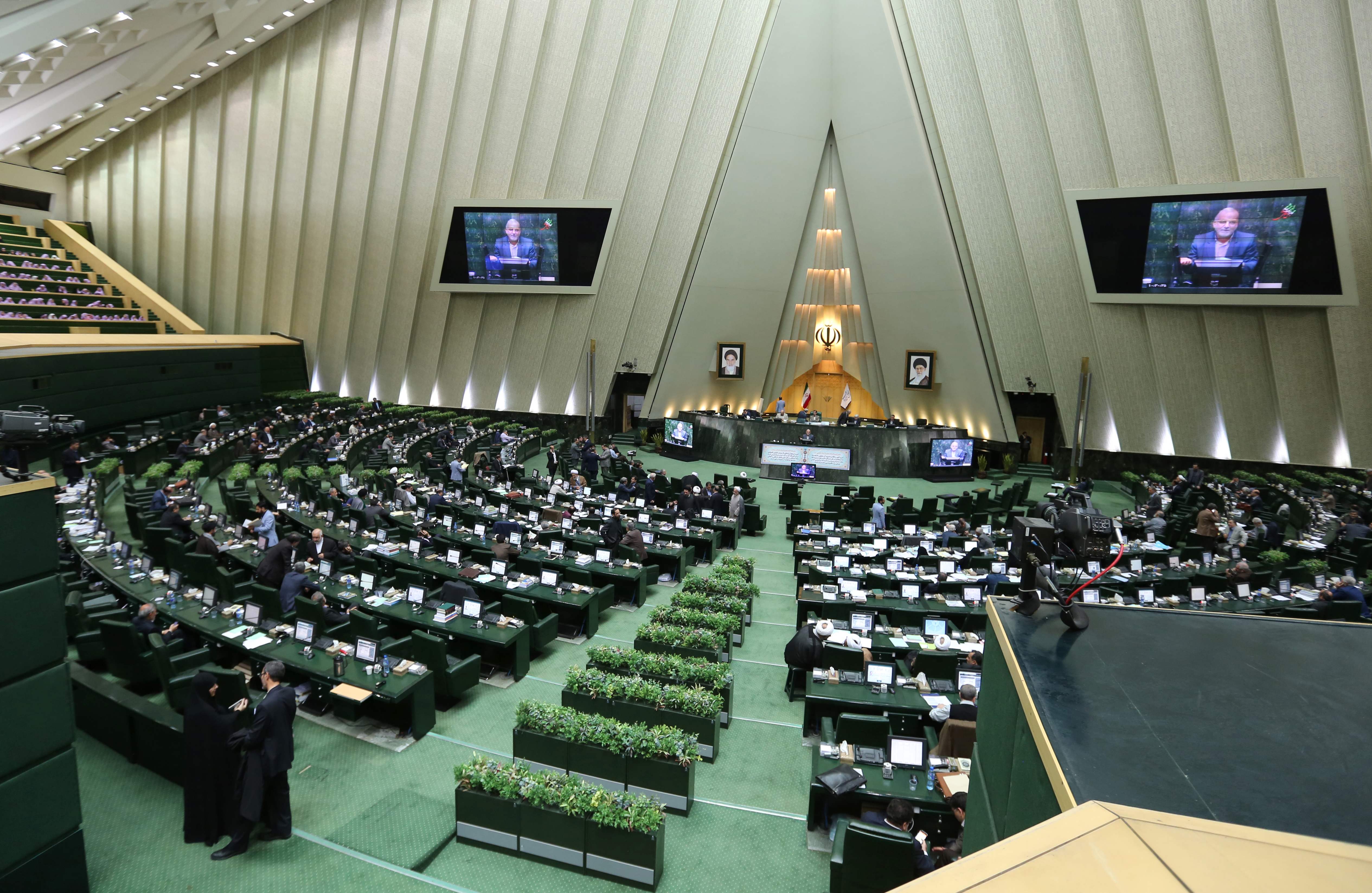
Oman watched with great interest the Iranian elections on February 26, 2016. After all, under the keen guidance of His Majesty Sultan Qaboos bin Said, Muscat serves as the elite half-way point between the West, specifically the United States, and the Islamic Republic over not only the
Joint Comprehensive Plan of Action (JCPOA) process but also numerous negotiations including hostage exchanges of Americans who entered Iran illegally.
Iranian voters chose the new seating of the Iranian Parliament, or Majlis, which seats 290 elected representatives.
Young voters were seen as critical to the reformist victory, and as a follow on to Rouhani’s election in 2013, a continuing trend line. It is notable that in major commercial centres throughout the Islamic Republic, that reformists won. That fact is an important bellwether of what voters are searching for: greater economic and social opportunities.
The fact is at first glance, the results are a tremendous win for reformists - those who seek moderation with robust relations with the West, also known as pragmatists - and a blow to the principalists - those who are alligned with the Iranian Revolutionary Guard Corp (IRGC) who strive to reject the West.
There are two rapid perspectives on the Iranian election’s aftermath that are important for Oman. On the one hand, some would argue that the vote is unlikely to prove decisive in shaping the balance of power, the future selection of Iran’s leadership, or the longevity of the JCPOA. More likely is on the other hand, the election could have significant consequences for pro-reform forces and for Iranian President Hassan Rouhani, who is seeking re-election in 2017.
It’s pertinent to note that Iran has never had a one-term president and for Oman, the future of the Islamic Republic is important and makes these elections of tremendous economic potential between the two countries.
The relationship between Oman and Iran is well known stretching back decades. Muscat and Tehran negotiate, coordinate, and implement joint projects across a spectrum of sectors. Port development is one arena; another is maritime security. They together share the narrow entry point that is the Strait of Hormuz, the strategic entry point into the Arabian Gulf.
As stated earlier, most importantly for Muscat is the opening of Iran to the international economy now that most sanctions on the Islamic Republic have been lifted. Oman and Iran both share the requirements to take advantage of the new economic conditions to help their economies.
For Oman, the February 2016 Iranian elections come at a time of two key typologies; geo-strategic and geo-energy; afflicting the region and beyond.
On the geo-strategic front, the biggest news is not the lifting of sanctions against Iran but rather China’s ambitious and realistic One Belt, One Road (OBOR). In Iran and MENA, Beijing is expanding its OBOR to include two arteries. The Silk Road Economic Belt and the 21st Century Maritime Silk Road, and Oman is part of the plan because of its up and coming ports especially Duqm. Consequently, in the security realm, all parties will increasingly focus on the safety and security of the all countries economic interests and investments. Oman stands to be a partner in such an effort simply based on Muscat’s wise leadership and also the Sultanate's geo-geographical, maritime position.
Geo-energy futures are also a critical aspect in the wake of the elections. Although oil is in a slump to the detriment of both countries’ economies, both Oman and Iran seek to open up the Islamic Republics wealth in the petroleum industry. However, natural gas is the key for both countries. President Rouhani and Muscat are cognizant that Russia’s gas future plan through the Gas Exporting Countries Forum (GECF) as a pseudo cartel for LNG is beginning to gather. It's part of the Kremlin’s strategy that benefits Iran in the medium to long term. Both Oman and Iran are no strangers to Russia’s gas plans having participated in numerous projects together in Central Asia as early as 1992.
Overall, Iran’s February 2016 election illustrates a new chapter in the Islamic Republic’s electoral process and its journey to a becoming a genuine democracy.
Its good news that the reformists made gains in the Assembly of Experts. But the older generation and the IRGC still control a great deal of power. As geo-strategic and geo-energy issues unfold, there will be a great amount of opportunity for Iran in various commercial sectors.
Oman remains a key player in this unfolding situation in the region and for Iran in particular. - Exclusive to the Times of Oman